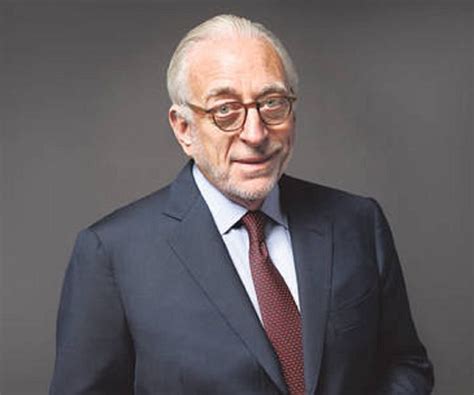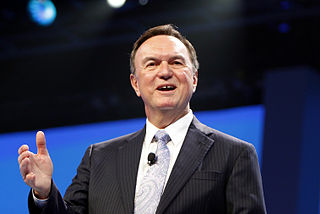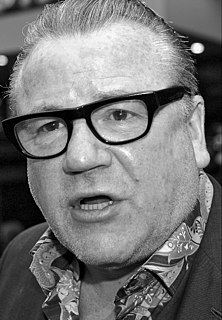A Quote by Nelson Peltz
I'm willing to have two directors on the DuPont board, me being one of them.
Related Quotes
I think every responsible public board at every board meeting should be discussing succession. And, of course, Walmart has a very mature board: our chairman Rob Walton and other members. So succession is an ongoing. I think when I first joined the board of directors, it was discussed then. And it's discussed at every board meeting continually.
Lots of entrepreneurs don't want to be hassled by a board of directors early on. The entrepreneurs want to control the company, don't want to be responsible to a board, or don't want to waste time communicating with board members. This is a classic error of thinking about the early stage board incorrectly.
I always feel like I learn more from directors that are new, and I also am able to understand how much I really do know about filmmaking when you work with directors that maybe don't have as much experience, so you're able to sort of take the reins. I know how to do these movies, I've done so many of them and have learned from new directors who are usually willing to try new things and are more open to allowing someone like me to kind of come in and just do what I know how to do.
Frankly speaking, I hate comparisons. Two individuals are doing two different films, playing two different characters: how can you compare them? It is not fair to get into ratings. It really doesn't matter what I think about other actresses; what matters is what the directors think of them when they are casting them in a project, because I think it's the director who's behind a successful piece of cinema.


































